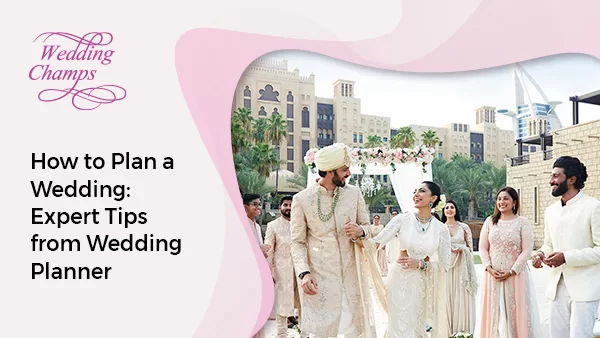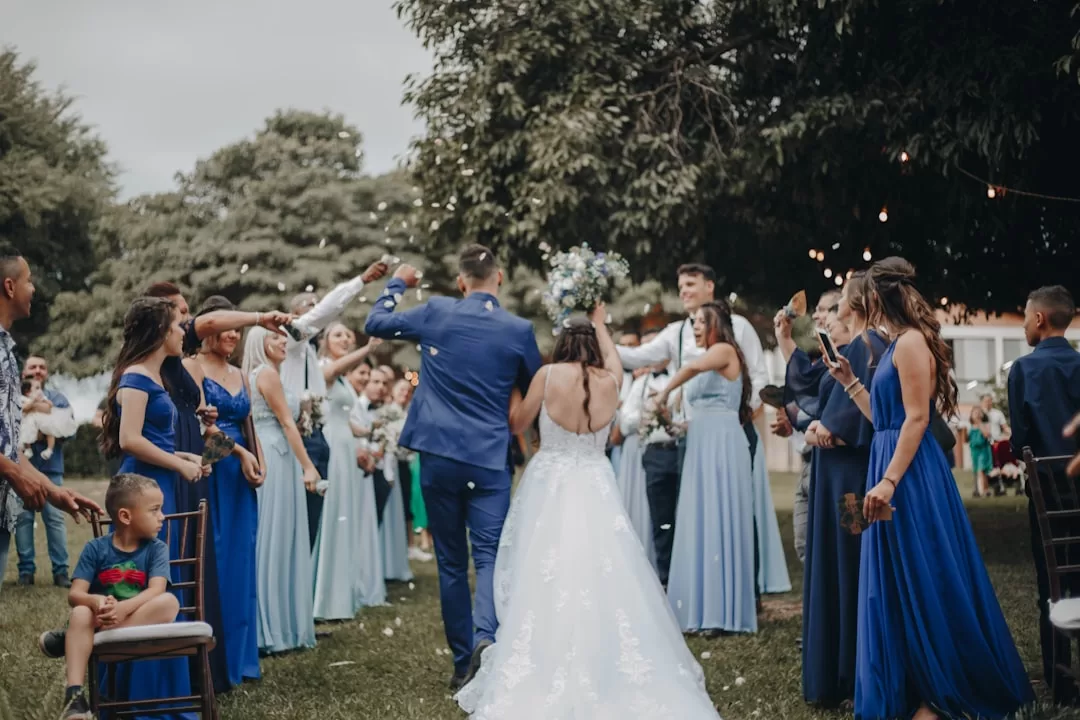How to Plan a Wedding: Expert Tips from Wedding Planner Wura Manola

Planning a wedding can feel overwhelming and exciting all at once. If you’ve recently gotten engaged and find yourself wondering where to start, how to organize everything, and what to expect along the way, you’re in the right place. Drawing on expert insights from wedding planner Wura Manola, this comprehensive guide breaks down the essential steps to help you plan your dream wedding with confidence and ease.
1. Envision Your Wedding

Every successful wedding starts with a clear vision. Before diving into logistics, take time to imagine what kind of celebration you want. Ask yourself:
- Is it a large or intimate gathering?
- Do you want a destination wedding or a local venue?
- Is your style rustic, luxurious, minimalist, or themed?
Create a mood board or jot down ideas that capture your desired atmosphere, colors, and overall vibe. This vision acts as the umbrella under which all your planning decisions will fall, from venue choice to décor.
2. Secure Your Wedding Date
One of the very first things to lock down is your wedding date. Without a date, you can’t book vendors, venues, or send invitations. When choosing your date, consider:
- Avoiding major holidays like Christmas, Easter, or Thanksgiving, which may conflict with family plans.
- Seasonal factors—be mindful of weather patterns, such as rainy seasons in tropical locations or extreme temperatures in places like Dubai.
- Peak wedding seasons—spring and summer tend to be more expensive and busy, especially weekends.
- Day of the week—venues and vendors often charge more on Saturdays than on weekdays like Monday or Tuesday.
Choosing your date strategically can save you money and ensure better availability.
3. Set a Realistic Budget
Your budget is the foundation of your wedding planning. It directly influences the scale and style of your celebration. Wura stresses the importance of a realistic budget—one that reflects the actual costs of your vision and that you can comfortably afford.
Start by researching typical costs for venues, catering, décor, and other essentials based on your desired style. If your dream wedding costs £40,000 but your budget is £20,000, you’ll need to adjust expectations or find creative ways to save. Being honest about your budget early on helps prevent surprises and stress later.
4. Hire a Wedding Planner or Coordinator
Wedding planning is a full-time job, and many couples juggle it alongside work and daily life. Hiring a professional planner can be a game-changer. Here’s why:
- They have insider knowledge of trusted vendors and venues.
- They can help turn your vision into reality efficiently.
- They manage logistics, timelines, and the many moving parts, reducing your stress.
- On the wedding day, a coordinator ensures everything runs smoothly so you can relax and enjoy.
If you prefer planning yourself, consider at least hiring a day-of coordinator to oversee the event execution.
5. Choose the Perfect Venue
Your venue sets the tone and needs careful consideration. When selecting a venue, keep these factors in mind:
- Capacity: Can it comfortably accommodate your guest list?
- Location: Is it accessible for guests, near accommodations, and convenient for your ceremony and reception?
- Layout and flexibility: Does it allow outside catering, custom décor, or special setups?
- Type of venue: Dry hire venues require you to bring everything in (tables, chairs, linens), while all-inclusive venues offer packages.
- Cost: Ensure the venue fits within your budget without hidden fees.
Tools like Cvent and Google searches can help you explore options worldwide. If you need help vetting venues, don’t hesitate to reach out to a professional.
6. Utilize Essential Planning Tools and Resources
To keep organized and inspired, leverage these tools:
- Social Media: Pinterest is perfect for mood boards, while Instagram lets you discover vendors and see real weddings.
- Advice from Past Brides: Their experiences and recommendations can guide your choices.
- Wedding Checklist: A detailed timeline and task list ensure nothing gets forgotten—from booking vendors to packing your second dress.
- Calendar Reminders: Set alarms for payments, appointments, and deadlines.
- Wedding Folder and Email: Keep contracts, invoices, and correspondence organized in one place.
- Wedding Website: Share event details, RSVPs, gift registries, and travel info with guests easily.
7. Manage Your Guest List Carefully
Organizing your guest list is another big task. Create a spreadsheet that includes:
- Full names and contact information
- Who invited whom (yours, your fiancé’s, parents’ guests)
- Dietary restrictions or allergies
- RSVP status and any special notes
This helps you track invitations, meal planning, and seating arrangements smoothly.
8. Build Your Dream Team of Vendors
Your vendors are crucial to bringing your wedding to life. Choose vendors who:
- Have a strong portfolio and relevant experience
- Communicate clearly and professionally
- Provide contracts with clear terms, cancellation policies, and payment schedules
Ask questions about their past work, team size, and availability. Personal recommendations and vendor blogs are great resources to find reliable professionals.
9. Decide on Wedding Colors and Themes
Your wedding colors and theme tie everything together—from invitations and attire to décor and flowers. Whether you envision a chic black-and-gold affair, a rustic countryside vibe, or a fresh green palette, your theme should reflect your personality and style.
Research and gather inspiration to create a cohesive look that flows throughout your celebration.
10. Always Have a Backup Plan
Things don’t always go perfectly, and that’s okay! Prepare alternatives such as:
- Marquees or indoor options for outdoor weddings in case of rain
- Backup guest lists and budgets
- Contingency plans for unexpected events like travel restrictions or vendor cancellations
Having a plan B (or even C and D) ensures you stay calm and adaptable no matter what happens.
Bonus: Cultivate the Right Mindset
Wedding planning can be stressful, with family dynamics, budget pressures, and countless decisions. Wura emphasizes the importance of a positive mindset and clear communication with your partner and families.
Set expectations early, establish boundaries, and remember that your marriage is the most important part of this journey. Keeping perspective helps you navigate challenges with grace and enjoy the process.
Final Thoughts
Planning a wedding is a beautiful, complex adventure that requires vision, organization, and flexibility. By following these expert tips—from envisioning your big day and setting a realistic budget to choosing the right vendors and preparing backup plans—you can create a celebration that truly reflects you and your partner.
If you feel overwhelmed or want professional guidance, consider hiring a wedding planner who can support and simplify the process. Remember, your wedding day is about love, joy, and the beginning of your life together—so plan thoughtfully but don’t forget to savor every moment!
For more detailed help or to connect with a professional wedding planner, reach out to Wura Manola at he***@***********ps.com. Wishing you all the best as you plan your dream wedding!













